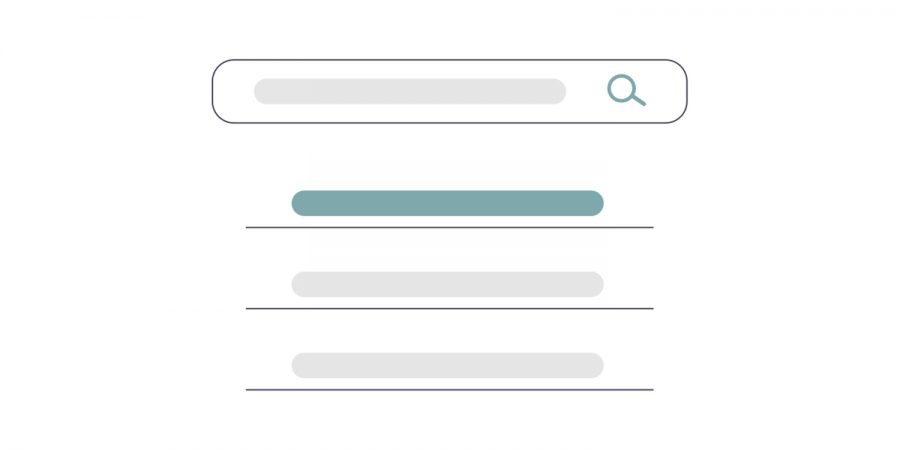How Searching for Your Search Ads Can Hurt Your Campaign
Table of Contents
At first, searching for your own ads on Google may seem like a good way to test whether they’re showing correctly. Maybe you’re concerned about campaign accuracy or maybe you’re just really excited to see the effects of your PPC advertising.
However, there are several reasons searching your own ads can have negative effects on the performance of your campaigns. The most important we’ll discuss here are Google quality score and automated bid strategies. We’ll also give a few solutions for what you can do instead to get even better results.
1. It Can Hurt Your Quality Score
Google utilizes machine learning in order to determine when—and how—to present ads to the right incoming search traffic. That’s the foundation of the elusive Google algorithm. By searching for your ads without the intention of converting, or clicking, you may inadvertently be training Google to show your ads less frequently, or at a higher cost per click.
Google’s machine learning takes several factors into account when deciding which ads to populate on the search engine result page, or SERP. The keyword-level bid is the most visible of these factors, however, quality score also plays a crucial role in the ad auctions.
Quality score consists of three factors: Expected Click-Through-Rate (CTR), Ad Relevance, and Landing Page Experience. The first factor, Expected CTR, is Google’s metric for how likely it feels a user is to click on one of your ads. This determination is based largely on historic data, so by searching for your ads and not clicking on them, you can unintentionally train Google not to show ads to people who are actually searching that particular term. Because this practice lowers expected CTR, quality score as a whole will suffer; it would then become necessary to increase the bid to compensate, thereby increasing overall cost per click.
2. It Skews Data Used to Optimize Your Ads
In addition to polluting the data Google uses to determine ad rank, searching your own ads can muddy the waters when it comes to data it uses for automated bid strategies. Occasionally, digital specialists will opt into an automated bid strategy—such as maximize clicks or maximize conversions—to optimize bidding around a specific goal. However, if the data that’s being collected by Google is skewed by self-searches, it can begin affecting the decision making process Google undergoes when managing bid strategies.
3. It’s Not Even Effective
In addition, self-searching is not an effective method to determine whether or not your ads are showing. Location, time of day, and search query are just a few factors Google uses to determine whether or not to show an ad. Ultimately, Google Search is Google’s bread and butter product, and it has a vested interest in ensuring users are being shown relevant and high-quality content. Google offers an ad diagnostic tool that enables advertisers to see the current status of any running ads, whether or not they’re running, and the reason they may not be showing. In addition, Agency FIFTY3 offers live dashboards that provide insight into the clicks, impressions, and conversions on your ads for any given date range.
In Summary
While searching for your own ads may make sense as a quality assurance measure, you may actually be harming your own search marketing efforts. Using tools like the Google ad diagnostic tool, or live dashboards, is a more effective and safe way to review your ads.
For more information on either of these options, get in touch with your account manager at Agency FIFTY3 or reach out to our team directly.
Sign up for our newsletter.
Stay in the know about our insights and industry trends.



